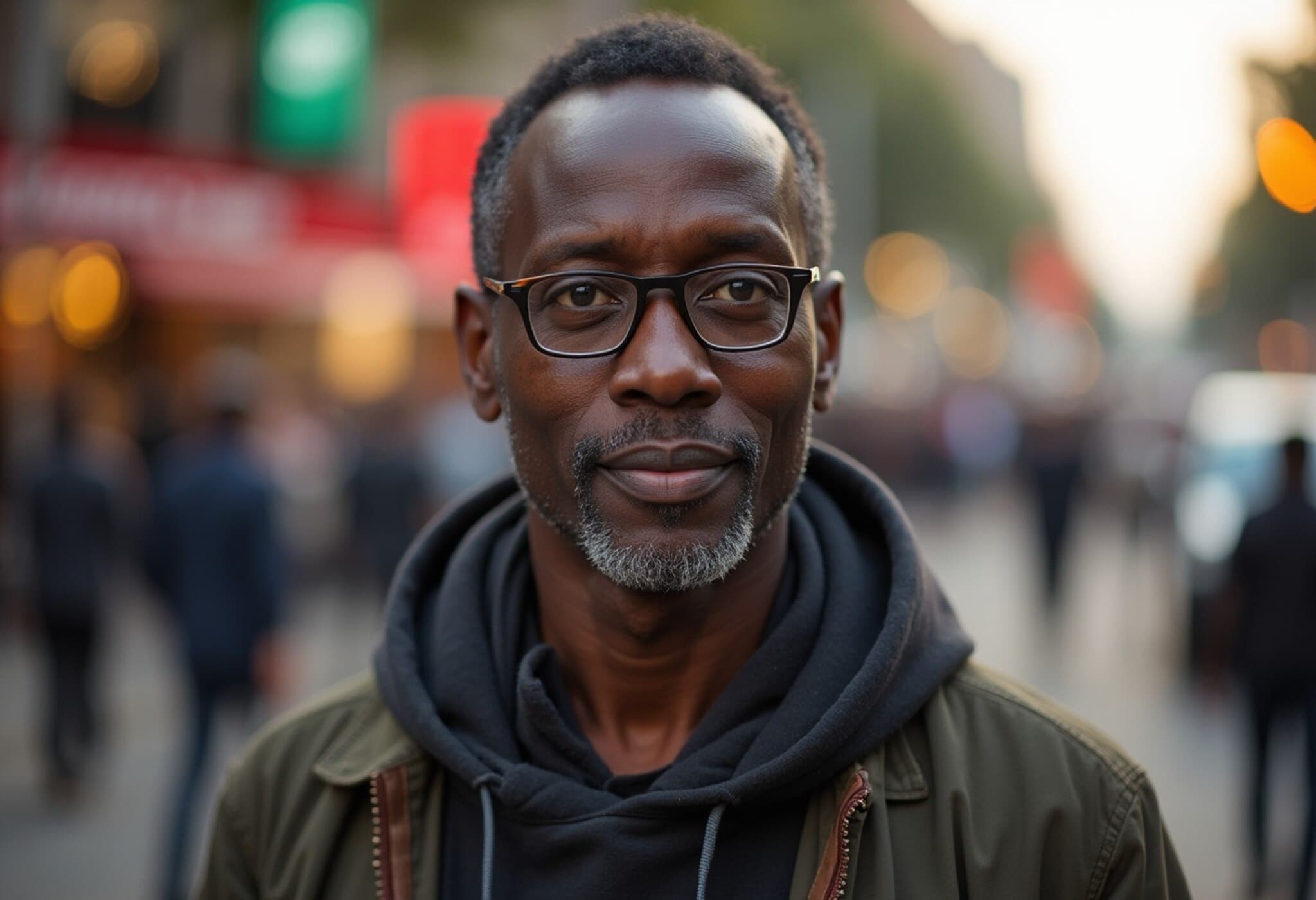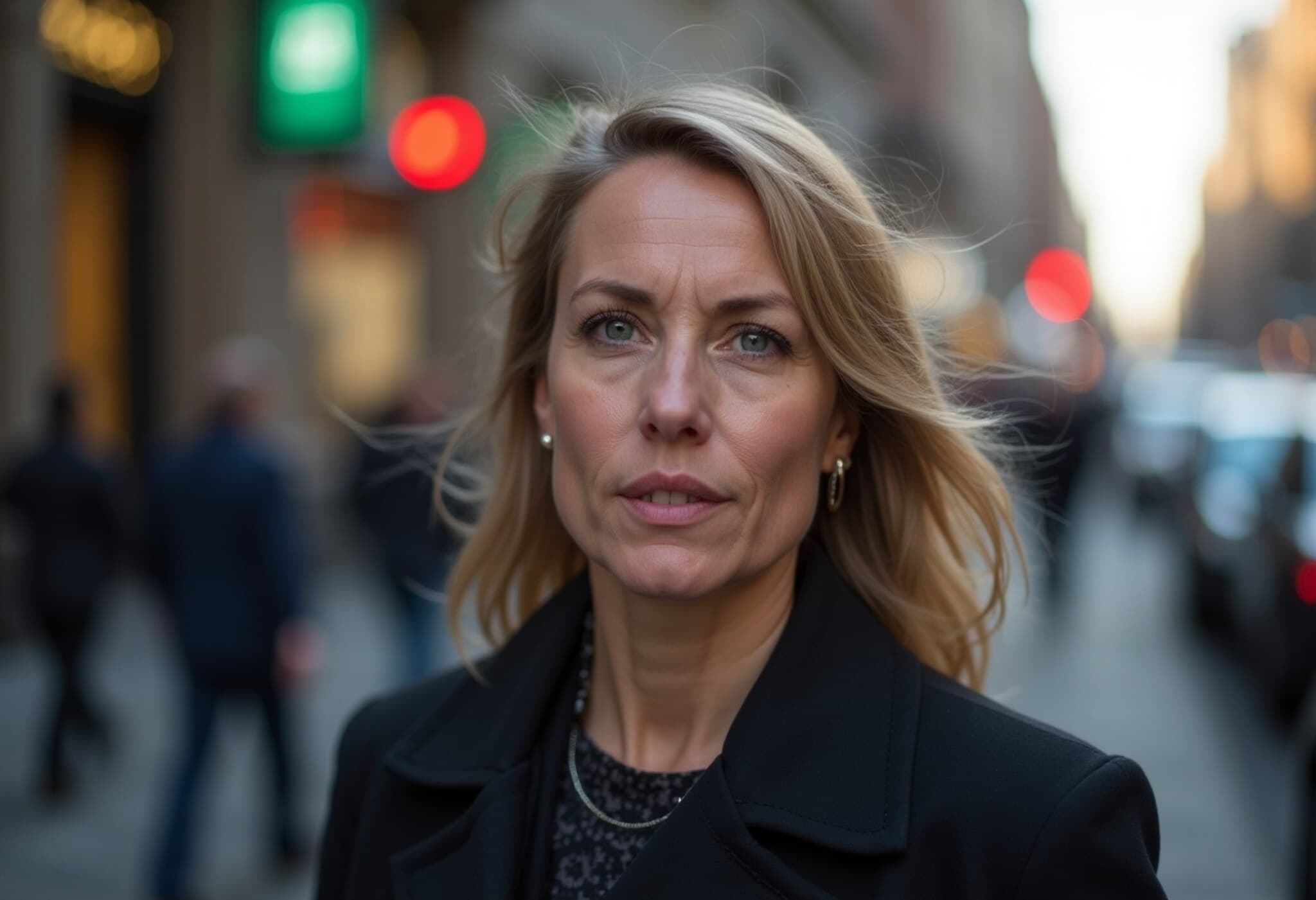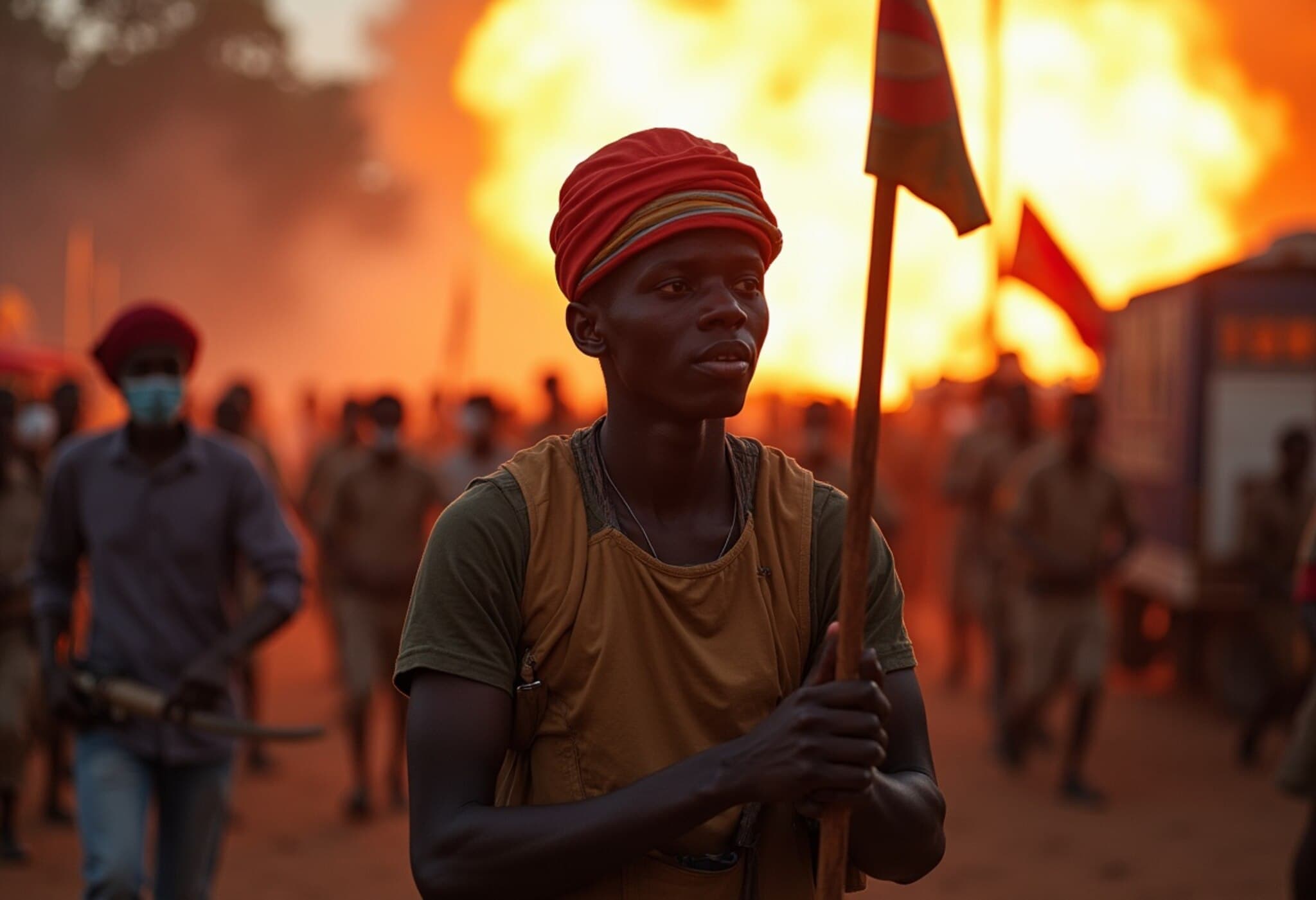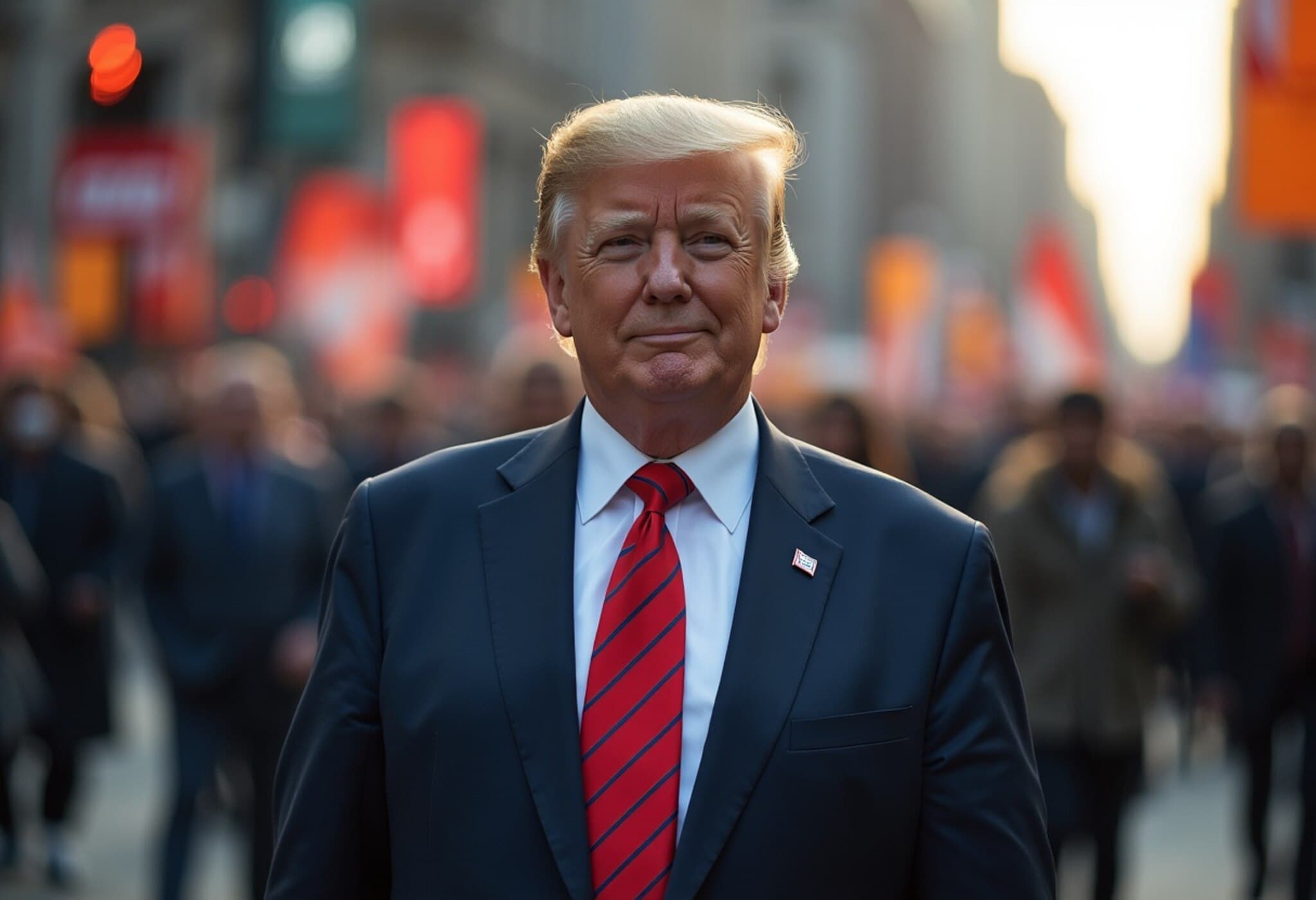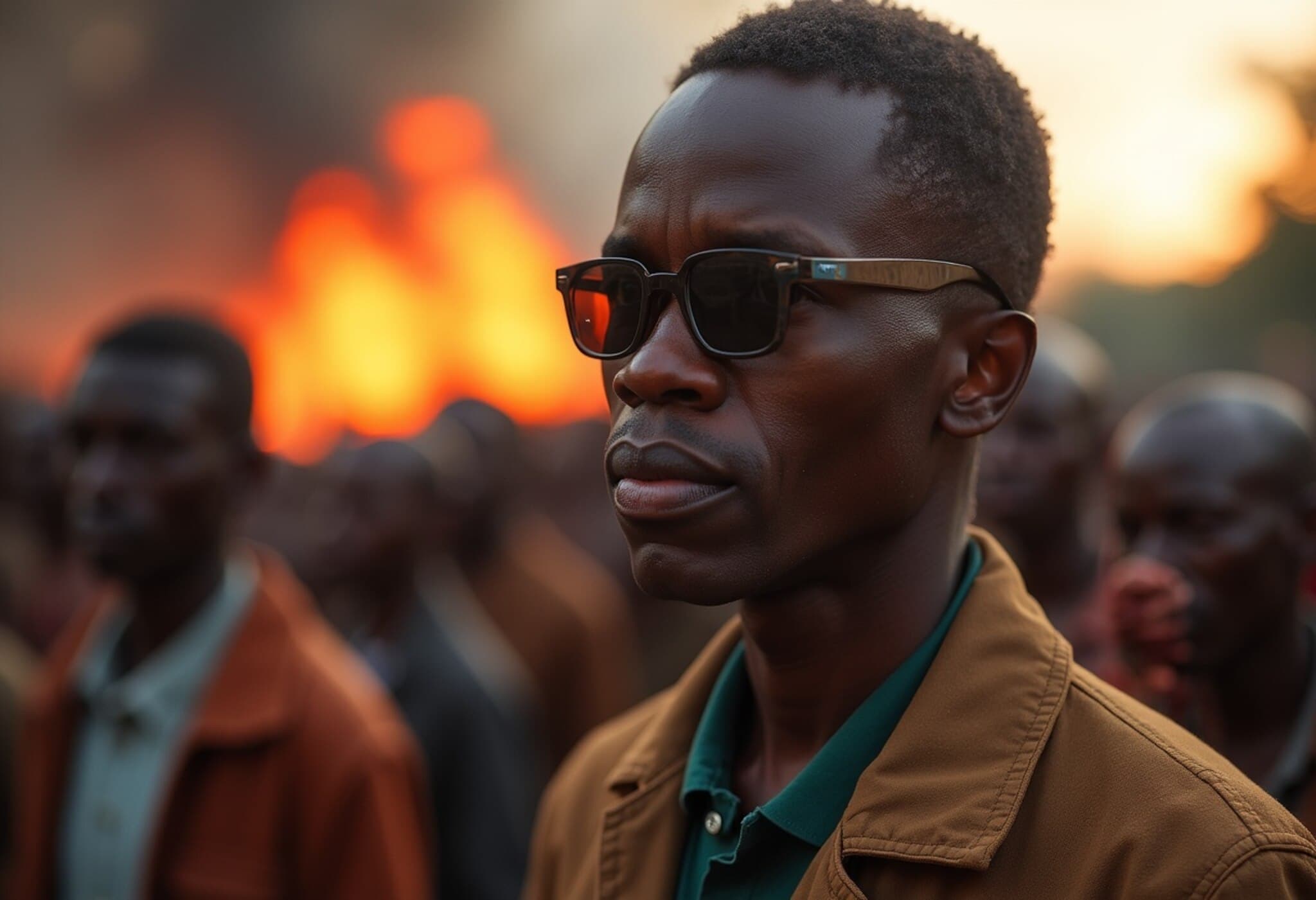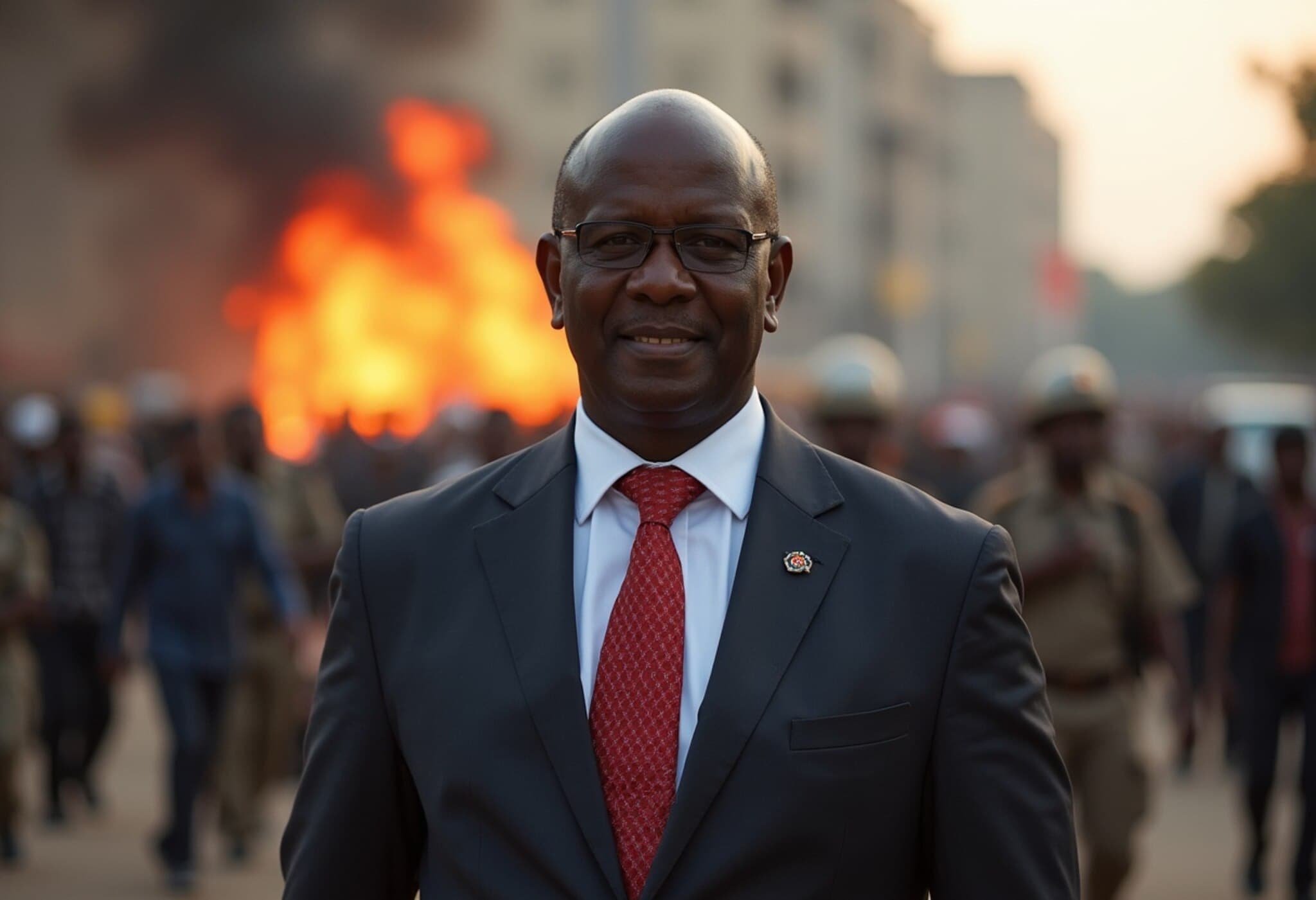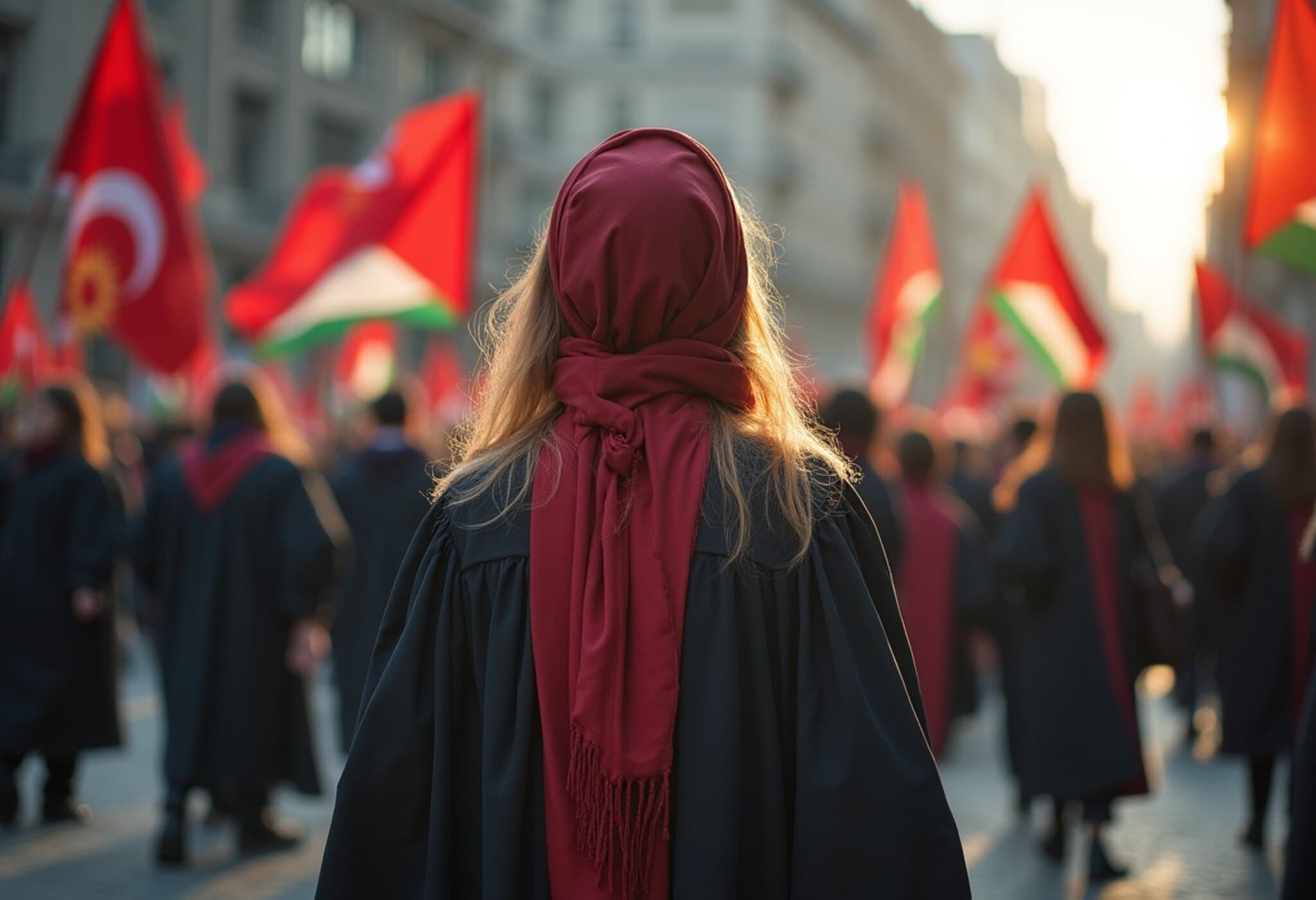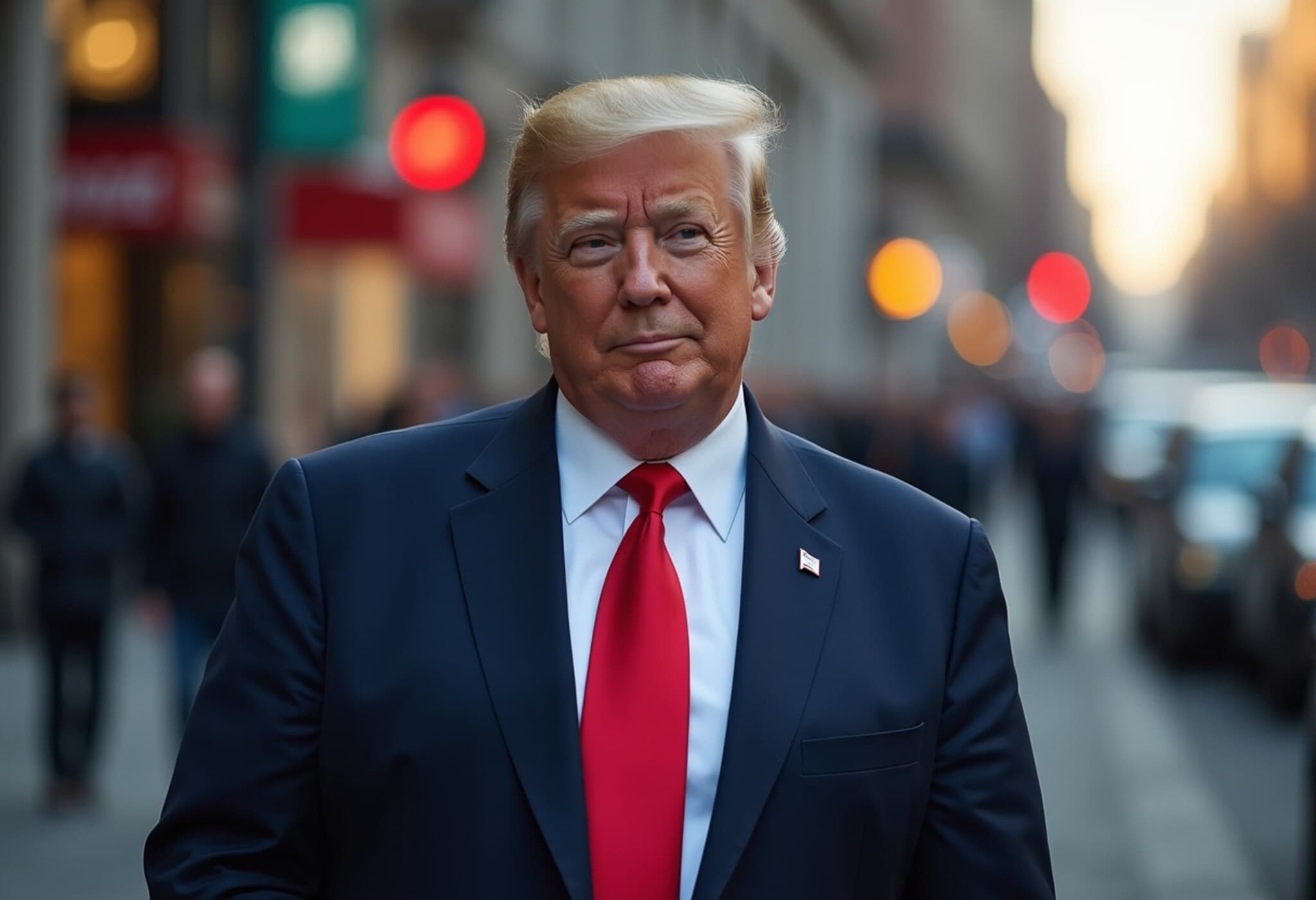Kenyan Activist Boniface Mwangi’s Bold Accusation Against President William Ruto
In a fiery courtroom statement on July 21, 2025, Kenyan human rights activist Boniface Mwangi did not hold back when he called President William Ruto a “real terrorist.” This came shortly after Mwangi was charged with unlawful possession of ammunition following months of widespread youth-led protests across Kenya.
Context Behind the Charges and Protests
The Kenyan government alleges Mwangi illegally possessed three tear gas canisters during demonstrations that began in mid-2024. These protests initially erupted in response to President Ruto’s proposed tax hikes but quickly broadened to include demands for greater transparency, anti-corruption measures, and accountability from a government many Kenyans accuse of broken promises.
Mwangi’s lawyer, Njanja Maina, vehemently denies the charges, branding them as fabricated attempts to silence political dissent. The Kenya Human Rights Commission also condemned the charges as “trumped-up accusations.” After a brief court hearing at the Kahawa Law Courts in Kiambu County, Mwangi was released on bond.
Mwangi’s Defiant Statement Post-Hearing
Outside the courtroom, Mwangi emphatically declared: “Because we are terrorising Ruto’s heart and Ruto knows that he’s going home, because Ruto is a real terrorist. So we guys are not terrorists, we’re terrorists’ hunters.” He painted himself and his allies as champions fighting to end the violence and oppression they attribute to the current leadership.
The Incident: Police Raid and Allegations
Earlier that week, police conducted a raid on Mwangi’s home, seizing various electronic devices and making references to terrorism and arson. The incident stoked fears that the government might escalate charges to terrorism, a move many human rights experts warn could criminalize legitimate dissent.
In an emotional moment, Mwangi’s wife, Njeri Mwangi, recounted the harassment they endured during the raid, highlighting broader concerns about state overreach and the shrinking space for activism in Kenya.
Generational Shift: Mwangi Credits Young Kenyans
While Mwangi has been a prominent voice, he emphasized that the ongoing protests are driven primarily by Kenya’s youth, particularly the Gen Z activists. “These kids are saying we want real change and that’s why they’re protesting. They are so brave that when they leave their homes, they even write obituaries,” Mwangi explained, underscoring the courage young Kenyans show at great personal risk.
This generational activism illustrates a pivotal moment in Kenya’s political landscape, where the youth demand a break from entrenched corruption and unfulfilled pledges, signaling a potential shift in future leadership dynamics.
Broader Implications: The Fight for Accountability in Kenya
The crackdown on activists like Mwangi is part of a broader pattern of government pressure to stifle dissent ahead of significant upcoming protests planned for August 8, known locally as “nane-nane” day.
This day holds symbolic importance in Kenya, traditionally marking a celebration of farmers and agriculture but increasingly becoming a platform for political expression. The planned demonstrations reflect widespread frustration over economic struggles and governance issues.
Experts note that these events put Kenya at a crossroads. On one hand, the government insists on maintaining order and national security; on the other, the youth-led movements and activists demand fundamental reforms and respect for civil liberties.
Expert Insight: What This Means for Kenyan Democracy
Political analyst Dr. Amina Mwangi (no relation) comments, “The government’s approach towards activists like Boniface Mwangi signals an urgent need for dialogue rather than repression. Kenya’s democracy thrives when dissent is not quashed but engaged with constructively.” She adds that labeling opposition voices as terrorists can dangerously erode trust in democratic institutions and fuel further instability.
Looking Forward: The Road Ahead
As Kenya prepares for the next wave of protests, the determination of activists, young and old alike, signals a vibrant but tense democratic moment. Figures like Boniface Mwangi symbolize the complex interplay between resistance and repression in contemporary Kenyan politics.
Will the government listen to calls for genuine change, or will the cycle of confrontation and legal battles continue? The coming months will be pivotal for Kenya’s political future and its citizens’ hope for a just society.
Editor’s Note
Boniface Mwangi’s outspoken condemnation of President Ruto as a “real terrorist” encapsulates the growing frustration in Kenya amid economic and governance challenges. Beyond legal charges, this confrontation highlights deeper questions about freedom of expression, the role of youth activism, and the government’s response to dissent. As observers of Kenya’s unfolding political drama, we must ask: How can a balance be struck between security and democratic freedoms? And what lessons might Kenya’s experience offer to other emerging democracies grappling with similar tensions?

